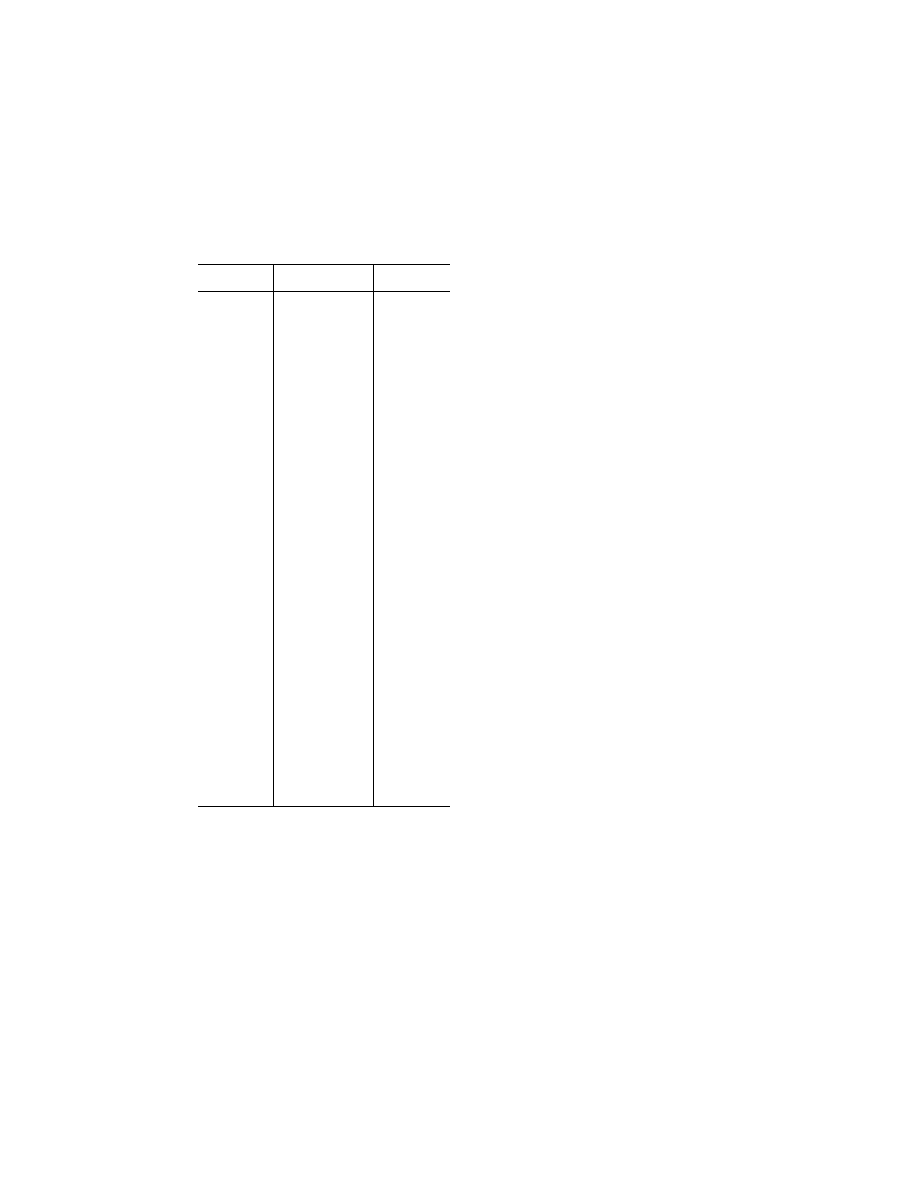
720
14 CFR Ch. I (1–1–14 Edition)
§ 91.157
Airspace Flight
visibility
Distance from
clouds
Class D ..............
3 statute miles ...........
500 feet below.
1,000 feet above.
2,000 feet hori-
zontal.
Class E:
Less than
10,000 feet
MSL.
3 statute miles ...........
500 feet below.
1,000 feet above.
2,000 feet hori-
zontal
At or above
10,000 feet
MSL.
5 statute miles ...........
1,000 feet below.
1,000 feet above.
1 statute mile
horizontal.
Class G:
1,200 feet or
less above
the surface
(regardless
of MSL alti-
tude).
Day, except as
provided in
§ 91.155(b).
1 statute mile .............
Clear of clouds.
Night, except as
provided in
§ 91.155(b).
3 statute miles ...........
500 feet below.
1,000 feet above.
2,000 feet hori-
zontal.
More than 1,200
feet above the
surface but
less than
10,000 feet
MSL
Day ....................
1 statute mile .............
500 feet below.
1,000 feet above.
2,000 feet hori-
zontal.
Night ..................
3 statute miles ...........
500 feet below.
1,000 feet above.
2,000 feet hori-
zontal.
More than 1,200
feet above the
surface and at
or above
10,000 feet
MSL.
5 statute miles ...........
1,000 feet below.
1,000 feet above.
1 statute mile
horizontal.
(b)
Class G Airspace. Notwithstanding
the provisions of paragraph (a) of this
section, the following operations may
be conducted in Class G airspace below
1,200 feet above the surface:
(1)
Helicopter. A helicopter may be op-
erated clear of clouds if operated at a
speed that allows the pilot adequate
opportunity to see any air traffic or ob-
struction in time to avoid a collision.
(2)
Airplane, powered parachute, or
weight-shift-control aircraft. If the visi-
bility is less than 3 statute miles but
not less than 1 statute mile during
night hours and you are operating in
an airport traffic pattern within
1
⁄
2
mile of the runway, you may operate
an airplane, powered parachute, or
weight-shift-control aircraft clear of
clouds.
(c) Except as provided in § 91.157, no
person may operate an aircraft beneath
the ceiling under VFR within the lat-
eral boundaries of controlled airspace
designated to the surface for an airport
when the ceiling is less than 1,000 feet.
(d) Except as provided in § 91.157 of
this part, no person may take off or
land an aircraft, or enter the traffic
pattern of an airport, under VFR, with-
in the lateral boundaries of the surface
areas of Class B, Class C, Class D, or
Class E airspace designated for an air-
port—
(1) Unless ground visibility at that
airport is at least 3 statute miles; or
(2) If ground visibility is not reported
at that airport, unless flight visibility
during landing or takeoff, or while op-
erating in the traffic pattern is at least
3 statute miles.
(e) For the purpose of this section, an
aircraft operating at the base altitude
of a Class E airspace area is considered
to be within the airspace directly
below that area.
[Doc. No. 24458, 56 FR 65660, Dec. 17, 1991, as
amended by Amdt. 91–235, 58 FR 51968, Oct. 5,
1993; Amdt. 91–282, 69 FR 44880, July 27, 2004]
§ 91.157
Special VFR weather mini-
mums.
(a) Except as provided in appendix D,
section 3, of this part, special VFR op-
erations may be conducted under the
weather minimums and requirements
of this section, instead of those con-
tained in § 91.155, below 10,000 feet MSL
within the airspace contained by the
upward extension of the lateral bound-
aries of the controlled airspace des-
ignated to the surface for an airport.
(b) Special VFR operations may only
be conducted—
(1) With an ATC clearance;
(2) Clear of clouds;
(3) Except for helicopters, when flight
visibility is at least 1 statute mile; and
(4) Except for helicopters, between
sunrise and sunset (or in Alaska, when
the sun is 6 degrees or more below the
horizon) unless—
(i) The person being granted the ATC
clearance meets the applicable require-
ments for instrument flight under part
61 of this chapter; and
VerDate Mar<15>2010
20:48 Jan 30, 2014
Jkt 232047
PO 00000
Frm 00730
Fmt 8010
Sfmt 8010
Q:\14\14V2.TXT
ofr150
PsN: PC150